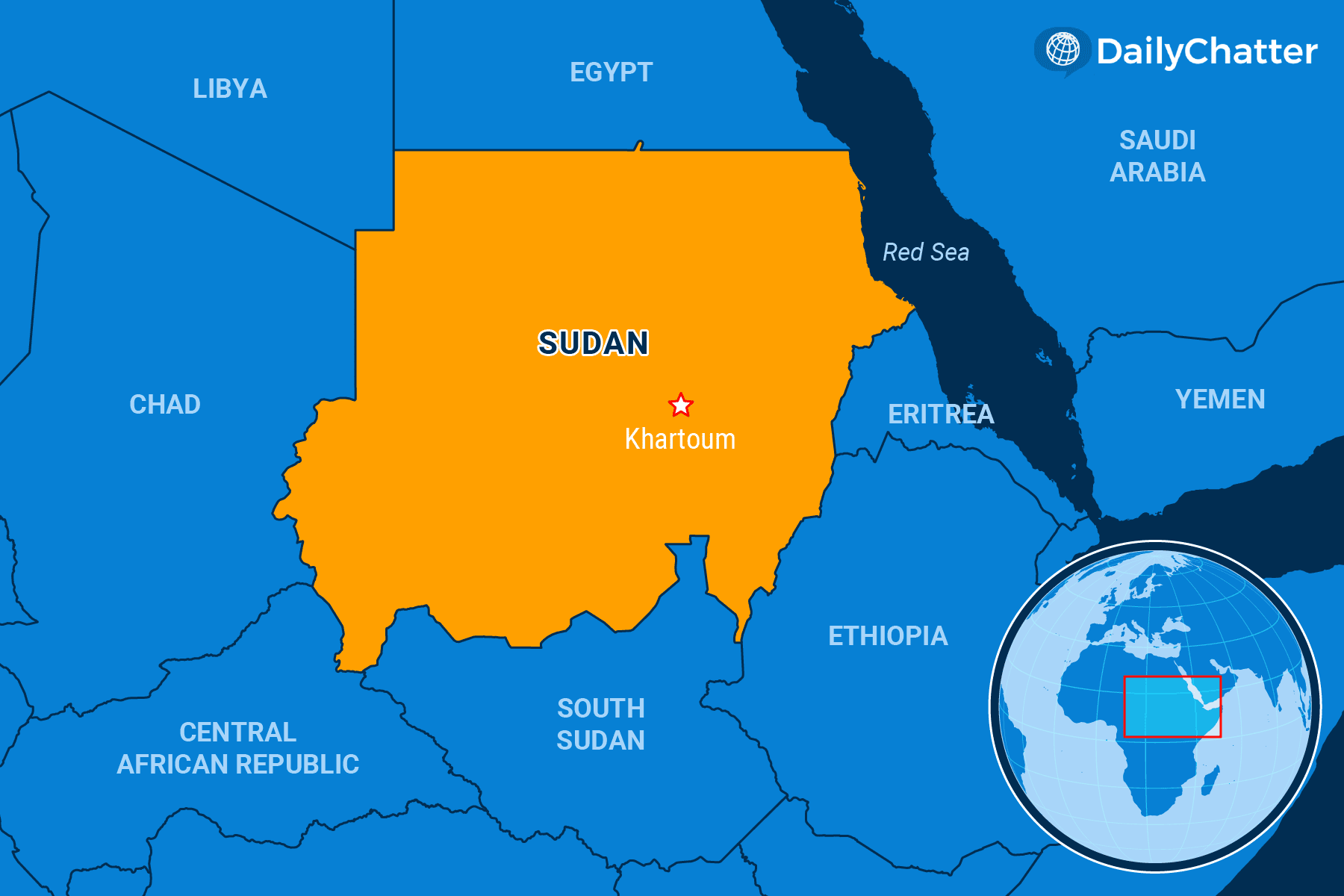NEED TO KNOW
The Fertility of Chaos
SUDAN

On June 15, 2023, the paramilitary Rapid Support Forces (RSF) and its Arab allied militias attacked a convoy of locals as it proceeded through El Geneina in West Darfur, killing civilians as they ran through the streets, trying to find refuge in homes or mosques, or attempted to swim across the Kajja River flowing through the city.
Malik, an injured 17-year-old boy, was in a wheelbarrow being pushed by his mother in the convoy when it came under attack, and saw how RSF forces killed at least 12 children.
“Two RSF forces … grabb(ed) the children from their parents and, as the parents started screaming, two other RSF forces shot the parents, killing them,” he told Human Rights Watch. “Then they piled up the children and shot them. They threw their bodies into the river and their belongings in after them.”
The killings continued over the following days in El Geneina and on the road to Chad, where tens of thousands of civilians, as well as fighters of the Massalit community, headed in search of refuge.
The details of that massacre and others in the region are part of evidence gathered by the human rights organization in a new report that says the RSF and its allies in Sudan have committed genocide against ethnic monitories in West Darfur.
It’s not the first time.
The RSF is made up of so-called Janjaweed militias that were once allied to Sudan’s central government in a war against non-Arab rebels in Darfur from 2003 through 2020. These militias committed genocide and other atrocities that led the International Criminal Court in 2009 to issue warrants for former Sudanese President Omar Hassan Ahmad al-Bashir on charges of crimes against humanity.
More recently, the RSF helped the Transitional Sovereignty Council, the military cabal that runs the country, gain power. In 2023, however, civil war broke out between Sudan’s central government and the RSF.
Now, around 15,000 people have been murdered in El Geneina in the East African country, reported the BBC. Most were victims of ethnic cleansing directed against the ethnic Massalit community and other non-Arab groups that inhabit this region.
Another human rights group, Sudan Witness, found that RSF fighters have damaged or levelled 72 villages in the country by setting fire to homes and other properties, reported Al Jazeera.
The fighting has also displaced 8.6 million people, including 1.7 million people who are now refugees in neighboring countries where they threaten to destabilize shaky governments and economies, noted the Japan Times. Eighteen million people in the country face severe food insecurity. Another 5 million are vulnerable to famine.
Human Rights Watch has called for international authorities to hold RSF leader Mohammed Hamdan Dagalo, or “Hemedti,” responsible for the atrocities. The advocacy organization was pessimistic that the authorities would take action, however. “The response of actors from the regional and international community to the unfolding atrocities has been muted, in line with their lacklustre engagement on Darfur and Sudan in recent years,” the report’s authors wrote.
The fighting reflects a desire for local elites to extract more value from oil and other resources in the Darfur region clashing with the central government’s aim of preventing secessionist movements in Darfur from succeeding in breaking up the country, explained Modern Diplomacy. South Sudan, for example, became an independent, sovereign nation in 2011.
Observers at Vox lamented how few world leaders appeared to be devoting much attention to the crisis in Darfur, while Russia and Ukraine fight in Eastern Europe, and Israel wages war against Hamas in the Middle East.
The problem with some looking away is that others see an opportunity.
Writing in the Conversation, counterterrorism analyst Sara Harmouch of American University said the region is ripe for those who want to take advantage of the situation to create a global hub for terrorists.
She notes how Abu Hudhaifa al-Sudani, a high-ranking al-Qaida leader, in an October 2022 manifesto, warned that “Sudan’s moment has come; chaos is our chance to sow the seeds of jihad.”
“The risk of al-Qaida gaining ground in Sudan is now very real and imperils, I believe, not only the country itself but also regional – and potentially global – security,” she wrote, “the Rapid Support Forces – a group that developed under and was once allied to Sudan’s al-Qaida-harboring former president Omar al-Bashir – has been solidifying its grip in strategic areas such as Darfur and southern Khartoum. Indeed, both the paramilitary group and the armed forces have been accused of recruiting Islamist fighters, fueling fears that the civil war will – regardless of the victor – prove a toehold for extremist groups.”
To read the full edition and support independent journalism, join our community of informed readers and subscribe today!
